Introduction of MDMA Therapy
There is a resurgence of interest in the last decade that MDMA-assisted psychotherapy could be a potential treatment for some psychiatric disorders including Post Traumatic Stress Disease (PTSD). For its therapeutic potentials, MDMA drug now known as party drugs like ecstasy or molly is being researched. However, it is essential to understand its safety given that this is an emerging treatment before it can gain wider use in clinical settings. A comprehensive systematic review and meta-analysis published in Neuropsychopharmacology provides valuable insights into side effects of MDMA-assisted psychotherapy and therefore shows both the potential associated with such therapy and the challenges due to absence of enough evidence.
What is MDMA Assisted Psychotherapy?
Synthetic drug called 3,4-methylenedioxymethamphetamine or referred to as MDMA enhances mood states and alters perception. It produces feelings of euphoria, increased energy, emotional warmth and distorted sensory and time perception. Though these effects are popularly regarded as recreational experiences their application in therapeutic contexts especially if combined with psychotherapy has shown promise.
MDMA-assisted psychotherapy refers to a model where individuals take MDMA during structured therapy sessions aimed at helping them process traumatic memories more effectively. The idea behind using this substance is that it reduces fear and anxiety which tends to hinder healing processes involved in therapy. This approach usually involves several preparatory sessions followed by few full-day sessions involving administration of MDMA under strict supervision followed by integration sessions where patients are helped to work through their experiences.
Growing Interest In The Use Of MDMA As A Treatment
The growing attention towards mental health problems primarily among young people has led to the emergence of innovative treatments such as psychedelic medicine-based interventions similar to the one under study here – MMAPT. Initial studies have shown promising results, particularly for conditions like PTSD, where traditional therapies may fall short. MDMA’s unique properties of facilitating a deep emotional connection and reducing the fear response make it an attractive choice for people with severe trauma.
However, an increasing interest goes hand in hand with the requirement of knowing well about safety and side effects accompanying this treatment. The therapeutic potential of MDMA is exciting; nonetheless, comprehensive safety information is needed before such intervention can be recommended at a larger scale.
Key Findings From Recent Research
This recent meta-analysis was geared towards addressing gaps in our understanding of side effects associated with MDMA-assisted psychotherapy. This study analyzed data from thirteen studies which included eight randomized controlled trials (RCTs) thereby providing a clearer picture of what patients undergoing this treatment might expect.
Mild To Moderate Side Effects
Compared to placebo, the study indicated that MDMA-assisted psychotherapy carries higher chances of experiencing adverse events. In phase 2 trials, 45% of participants reported side effects during medication sessions as compared to 30% in the placebo group. Also, within a week following sessions involving taking MDMA almost half or 46% reported having experienced side effects against only 31% for placebos. The commonly reported side effects were:
- Restlessness
- Clenching jaw
- Stiffness muscles
- Vomiting
- Appetite loss reduction
- Excessive sweating
These symptoms were generally mild to moderate and transient i.e., they disappeared after some time on their own.
In phase three studies, patients in the placebo group were less likely to have treatment-emergent adverse events (TEAEs) than those in the MDMA-assisted psychotherapy group, where 16% of participants on MDMA reported TEAEs compared to 5% of those on placebo. In addition, there were some specific side effects which were more common in the group receiving MDMA such as muscle tightness, decreased appetite, nausea, restlessness and chills. Also this time round, most of these side effects were mild and did not result into any serious complications or study withdrawals.
Limitations of Current Evidence
Although the findings show that the side effects from MDMA-assisted psychotherapy are often not severe and controllable by respondents themselves; significant limitations with regard to available evidence accompanied this finding too. There was very low certainty of evidence for most Phase 2 side effect outcomes and low to moderate certainty for Phase 3 outcomes. This could be due to a number of factors:
- Small Sample Sizes: The studies included in the meta-analysis had relatively small participant numbers, which limits generalizability.
- Selective Samples: Often these studies enrolled selective samples whose characteristics may not adequately represent potential beneficiaries of MDMA therapy.
- Heterogeneous Methods: Different research methodologies used in assessing and reporting side effects made it hard to draw consistent conclusions.
- Passive Monitoring: Many studies relied on passive monitoring of side effects, which likely underestimates their prevalence.
Call for More Rigorous Research
The need for more definitive independent studies that will provide better information about the safety of MDMA-assisted psychotherapy was emphasized by researchers. Thus future research should focus on overcoming methodological shortcomings identified with current evidence including systematic approaches in evaluating side effects through checklists or scales and full disclosure about all potential adverse events.
Thus long-term follow-up research is essential for understanding lasting impacts from MDMA-assisted psychotherapy particularly as its use in treating PTSD and other psychiatric illnesses moves towards potential approval for clinical application.
Conclusion
Hence, MDMA-assisted psychotherapy is an intriguing treatment option for psychiatric conditions such as PTSD that have proven to be resistant to conventional treatments. However, while the side effects appear to be mild and transient, significant gaps in the evidence highlight the need for further research. Ensuring safety and effectiveness will be critical as psychedelic-assisted therapy becomes more mainstreamed within mental health care.




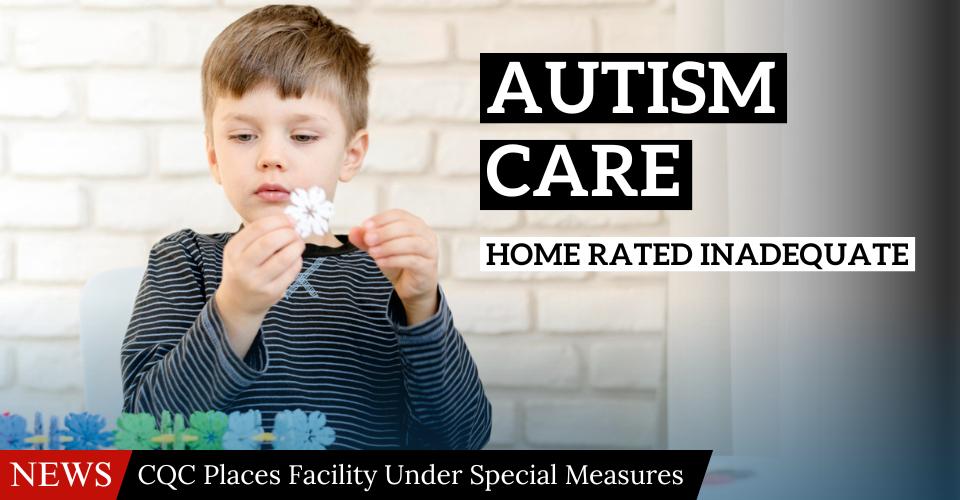
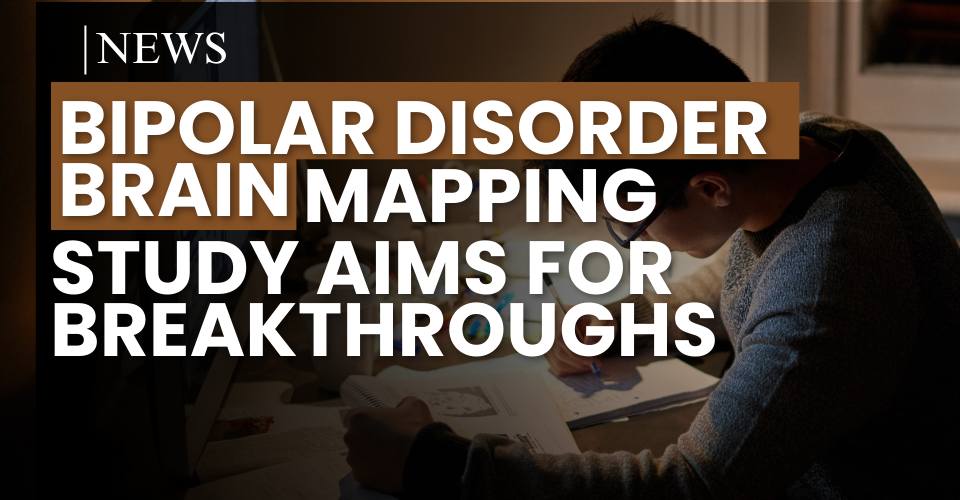
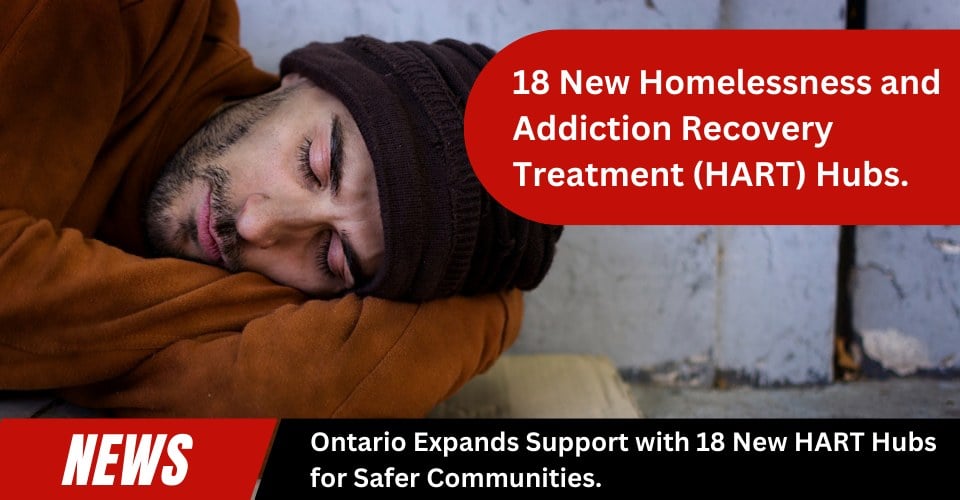

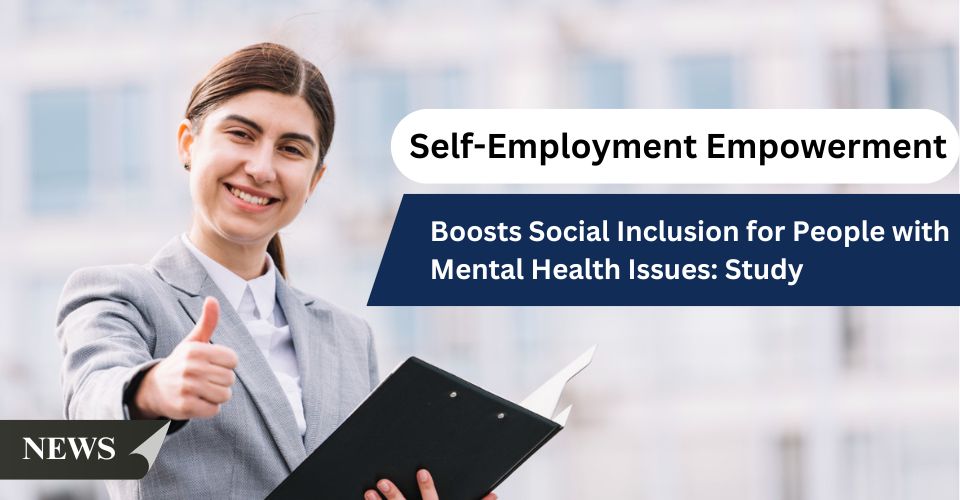

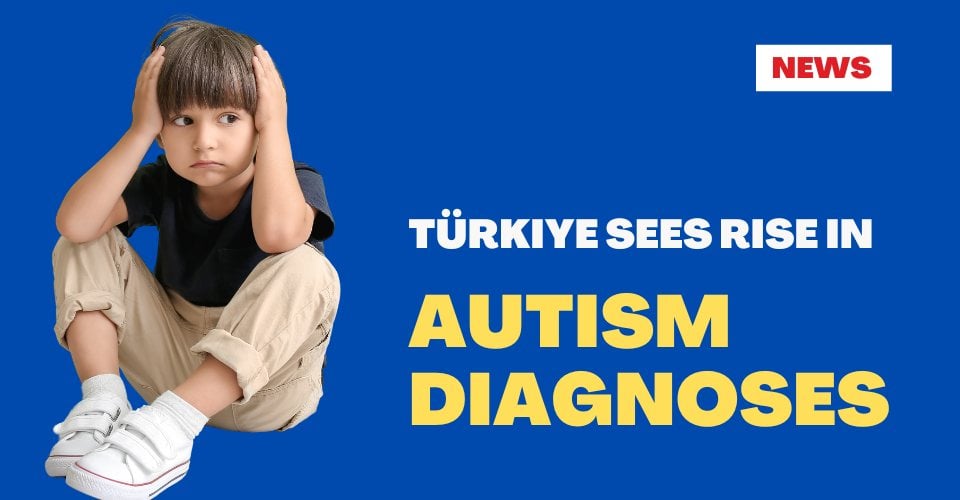

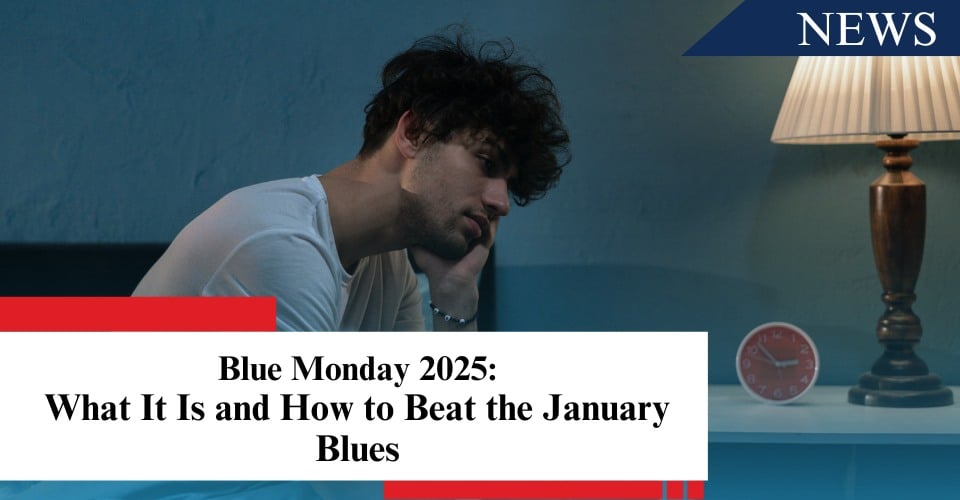
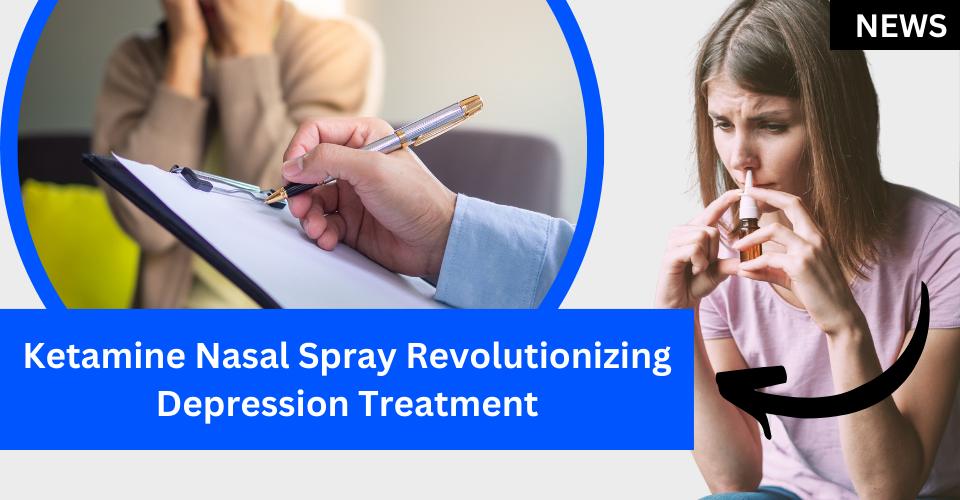
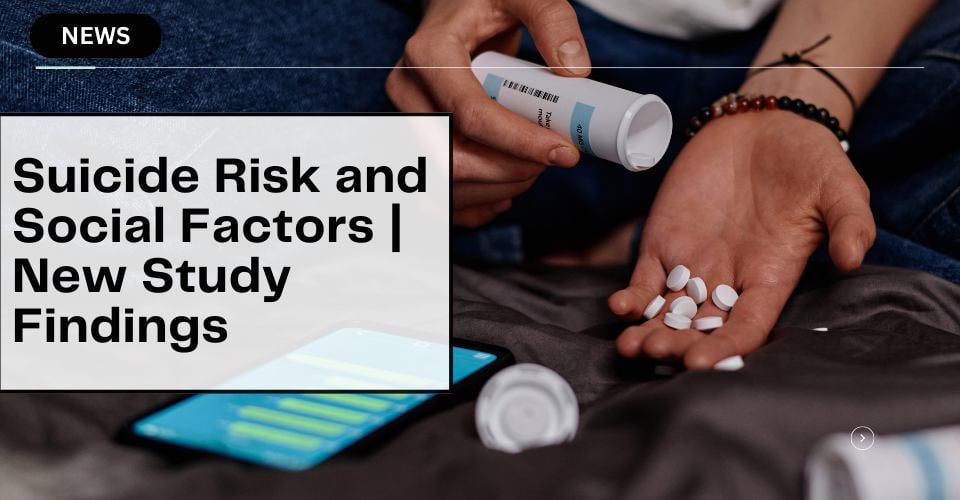



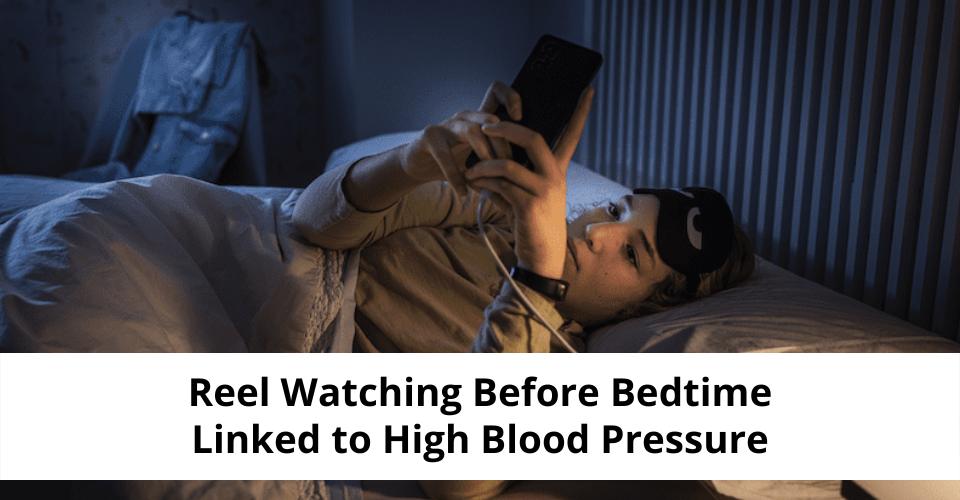



Leave a Reply
You must be logged in to post a comment.